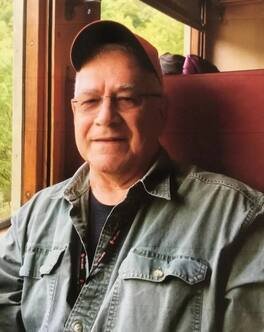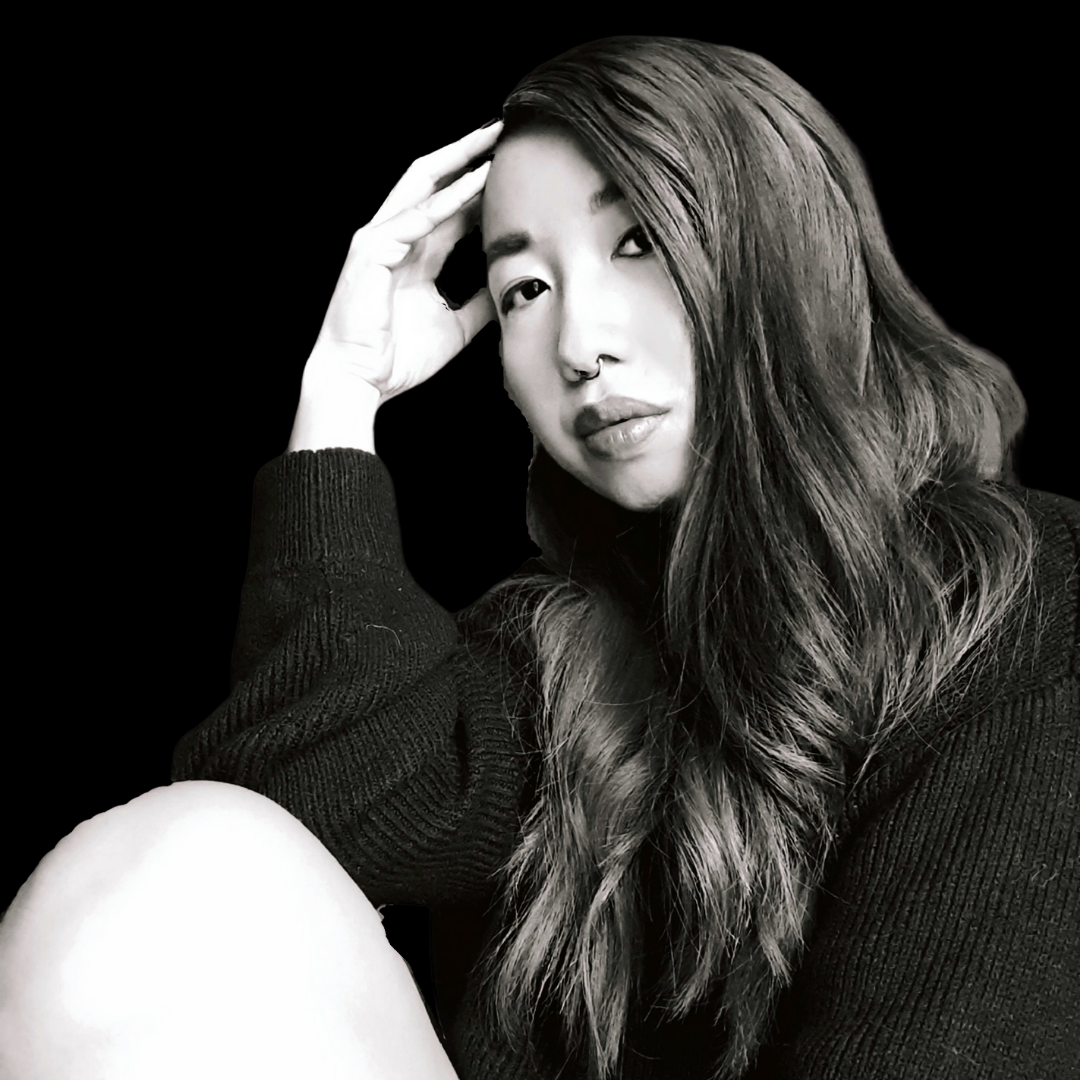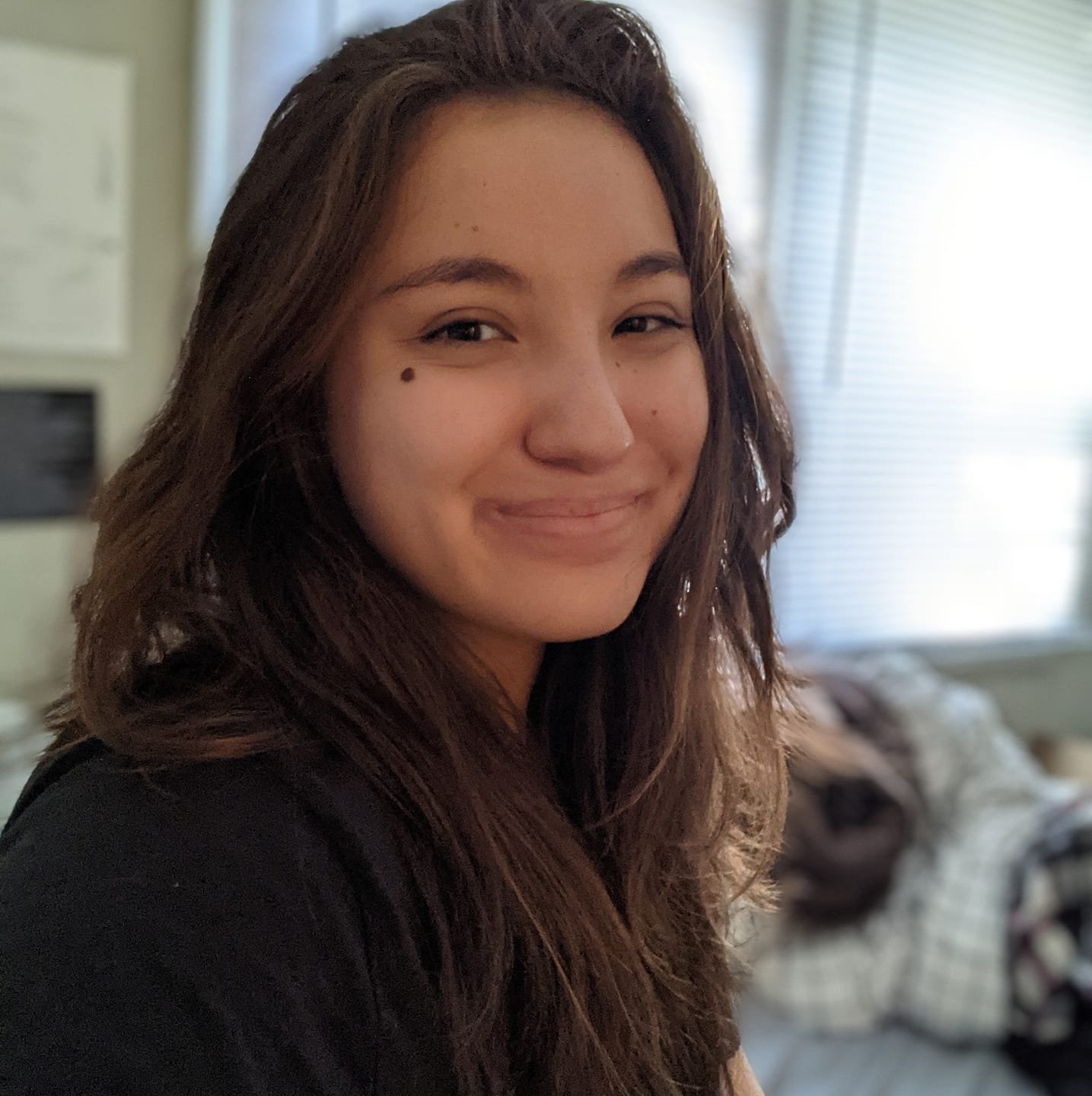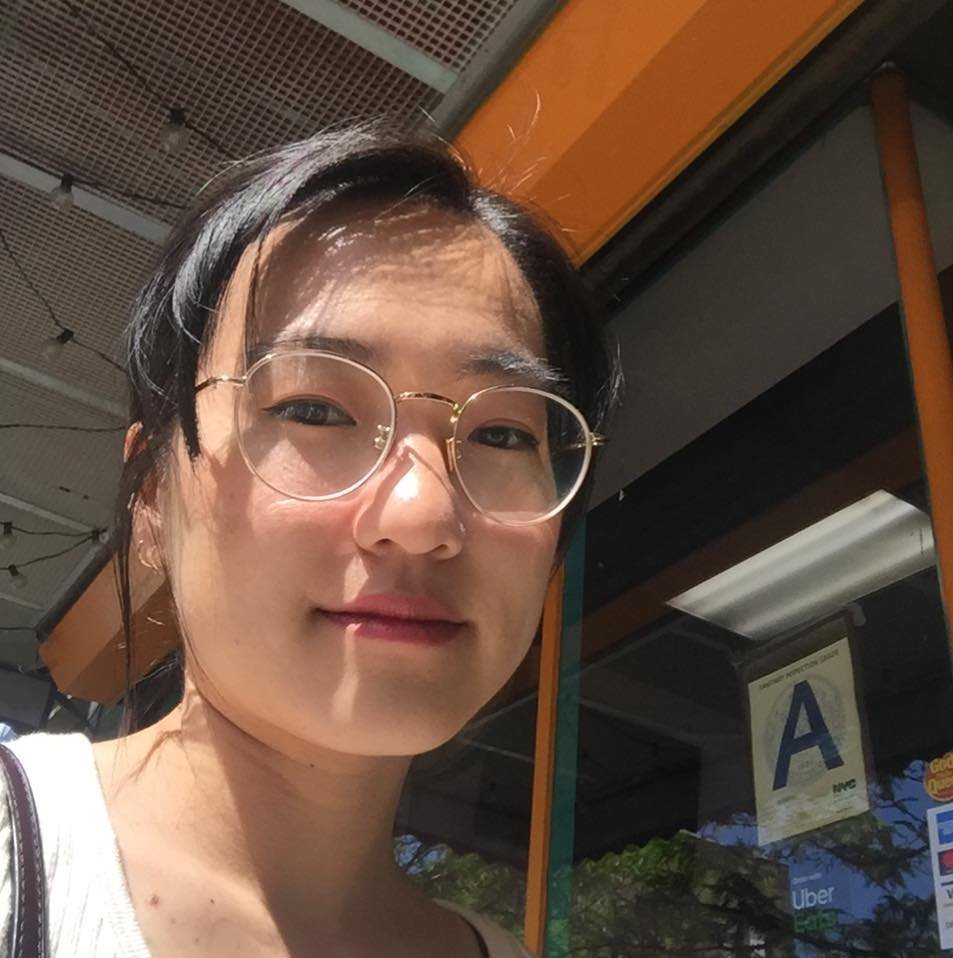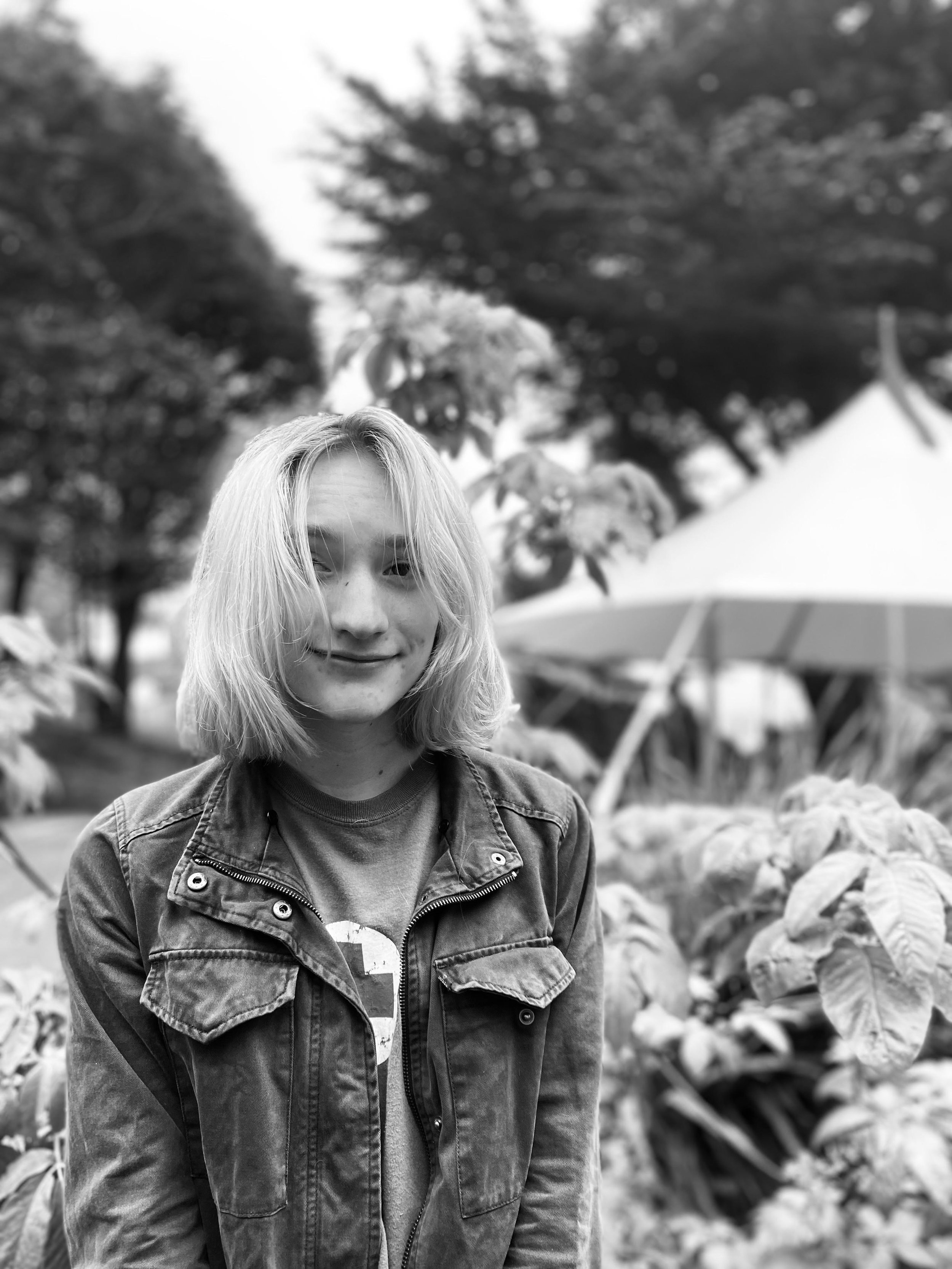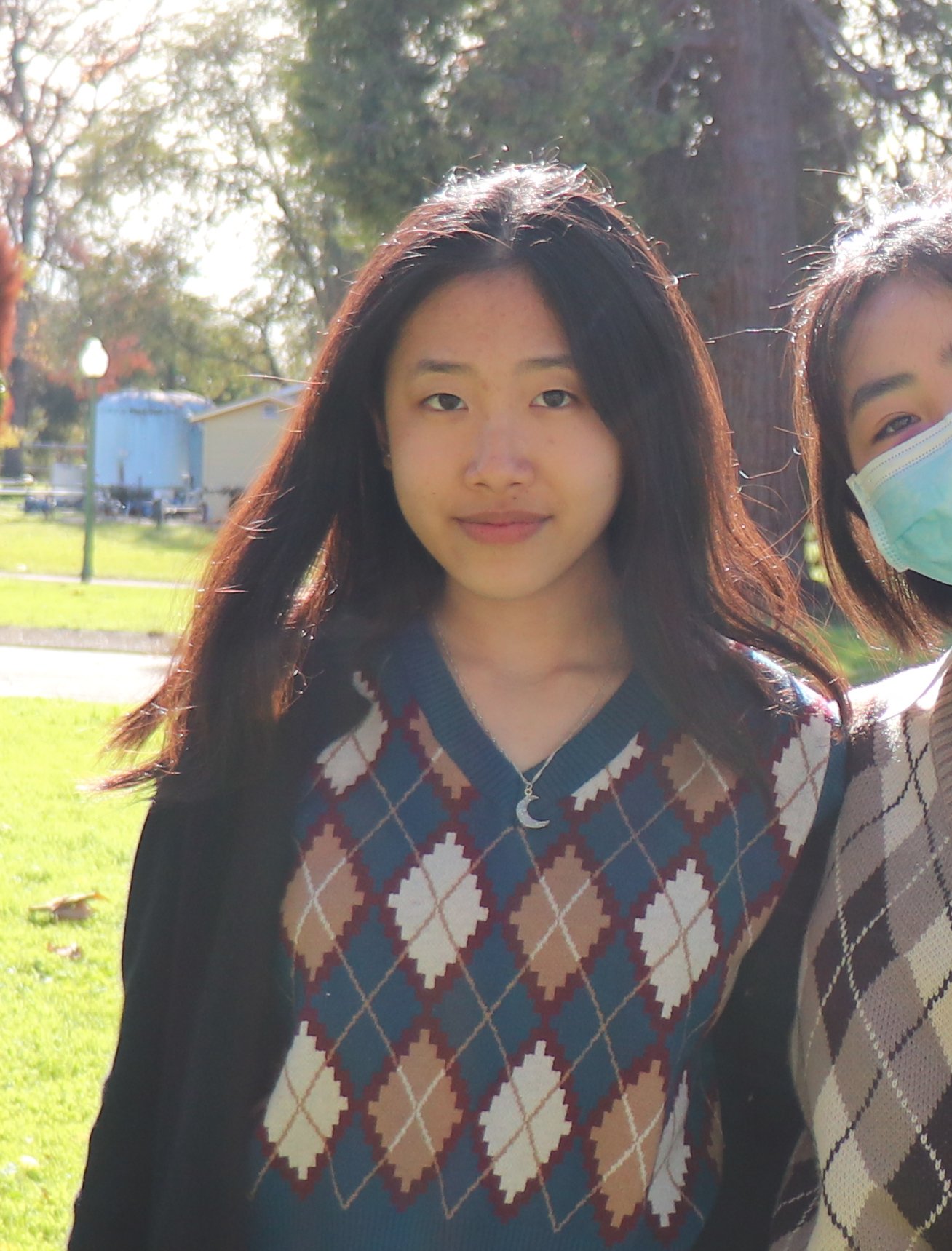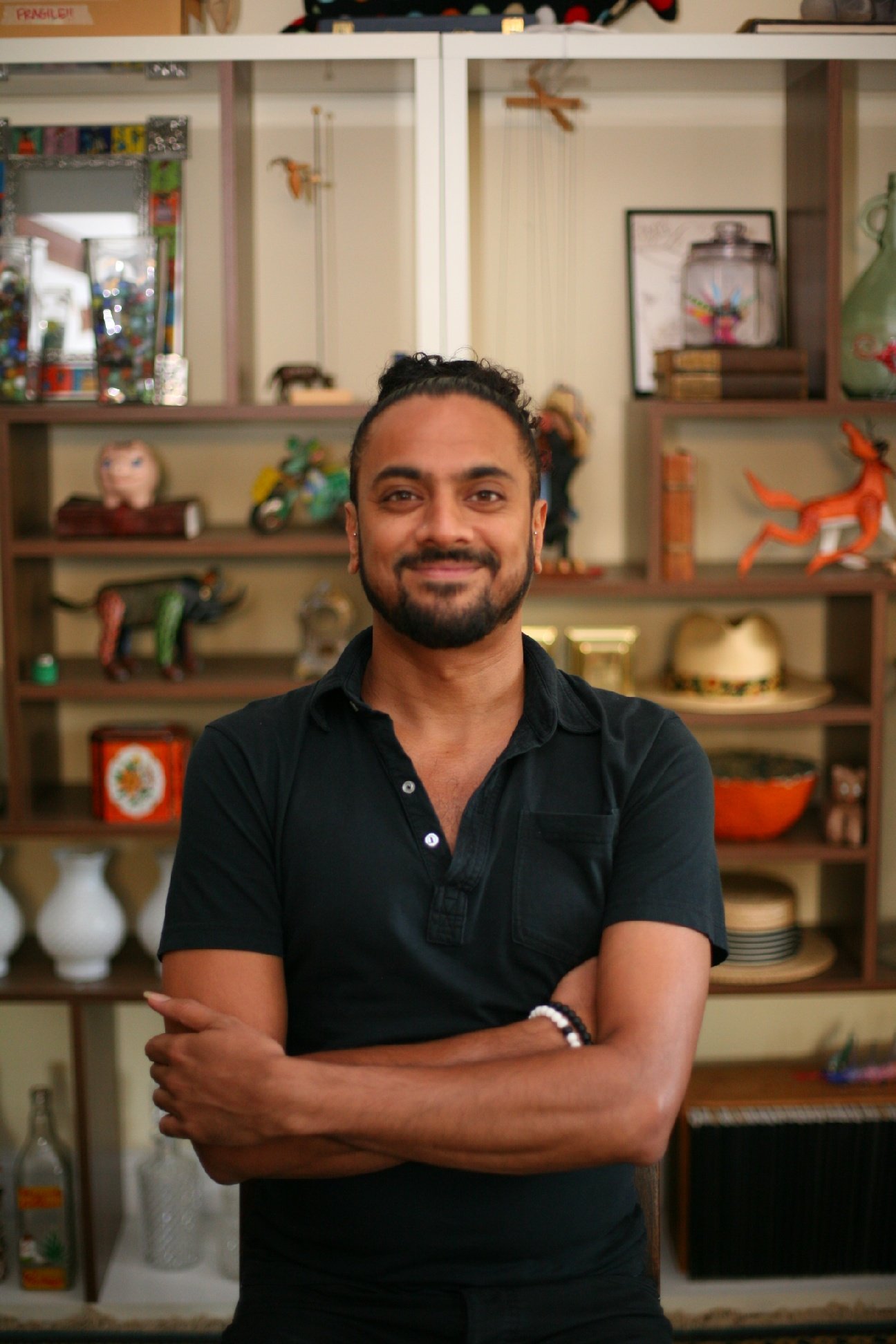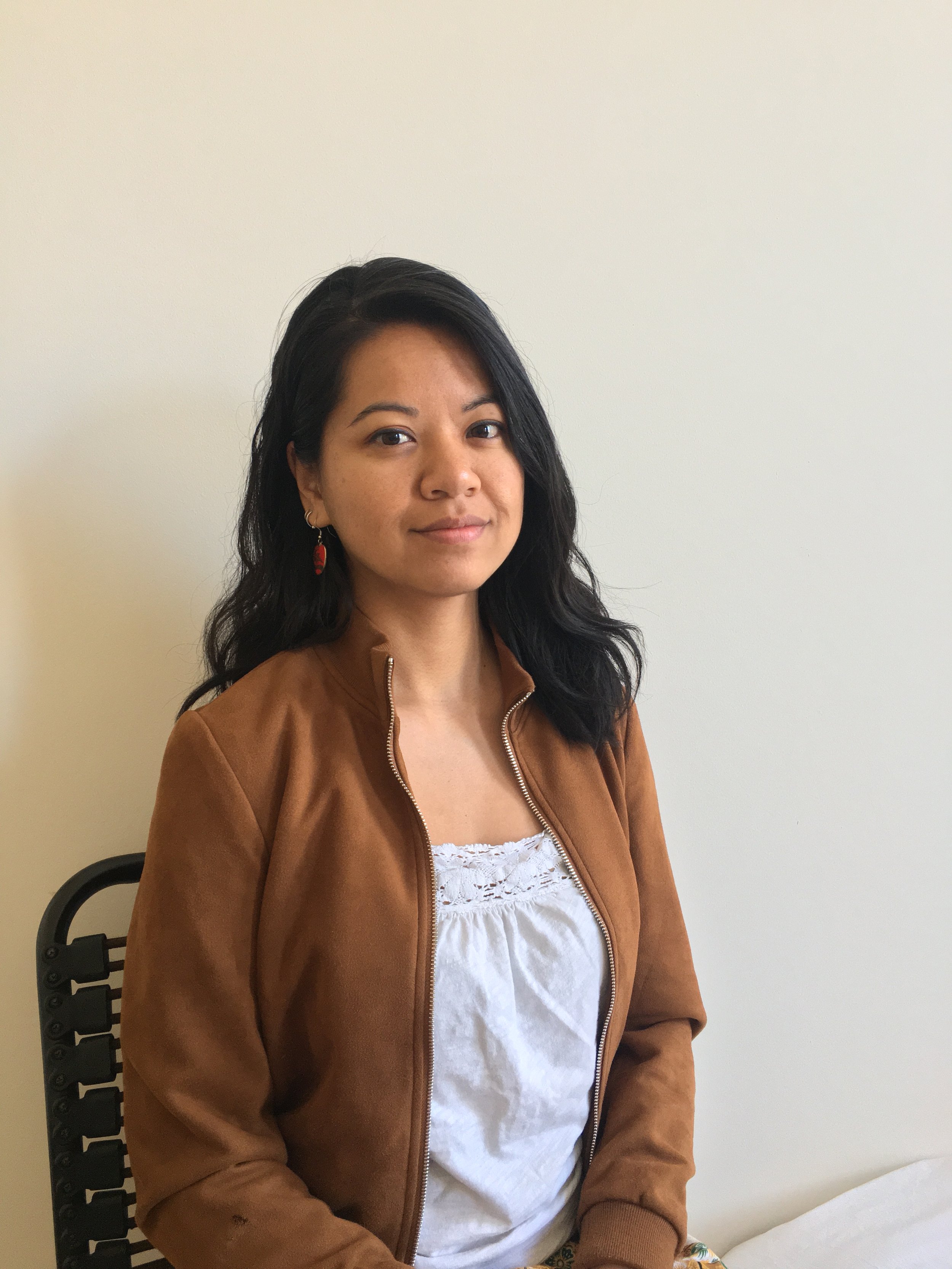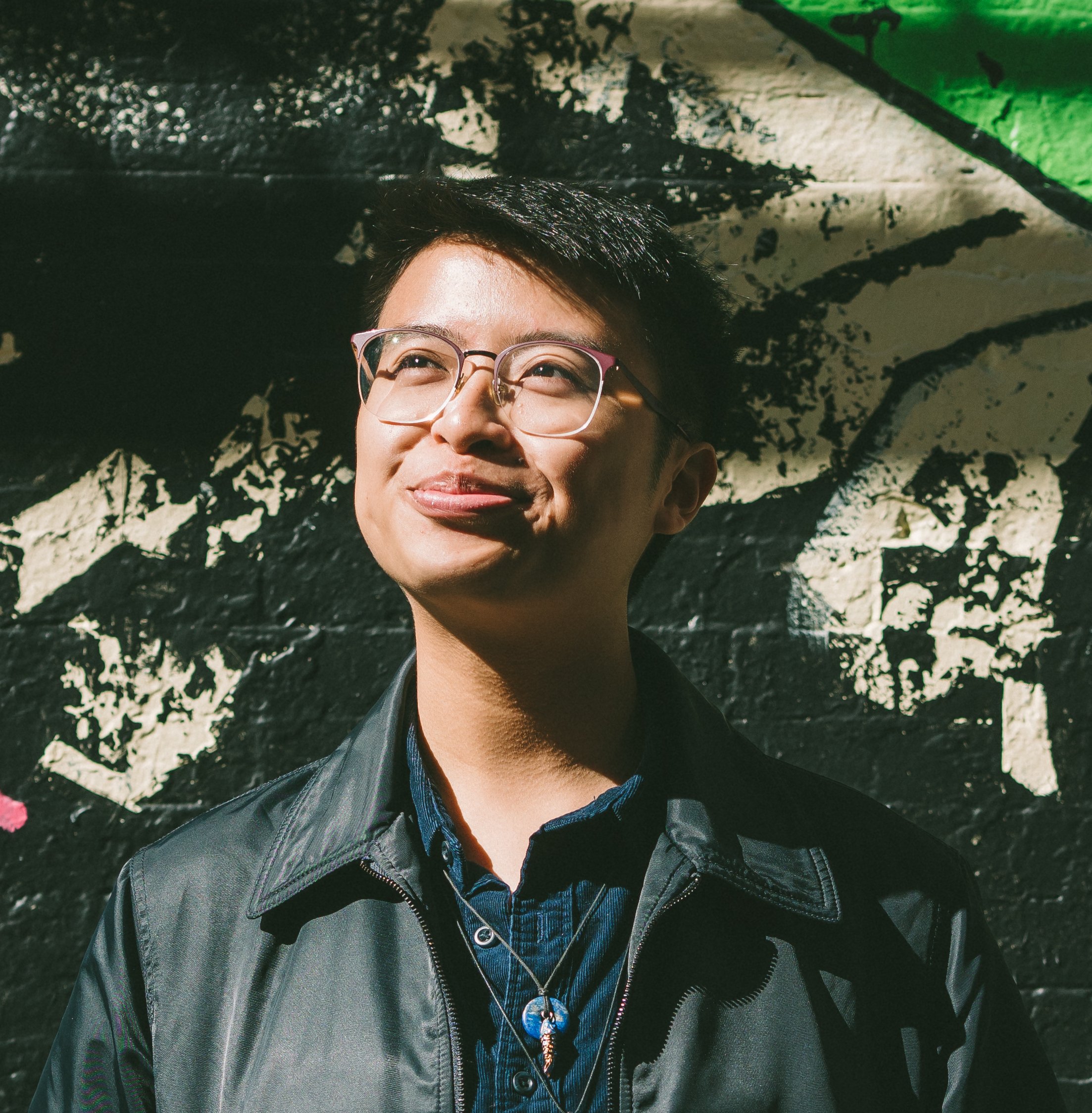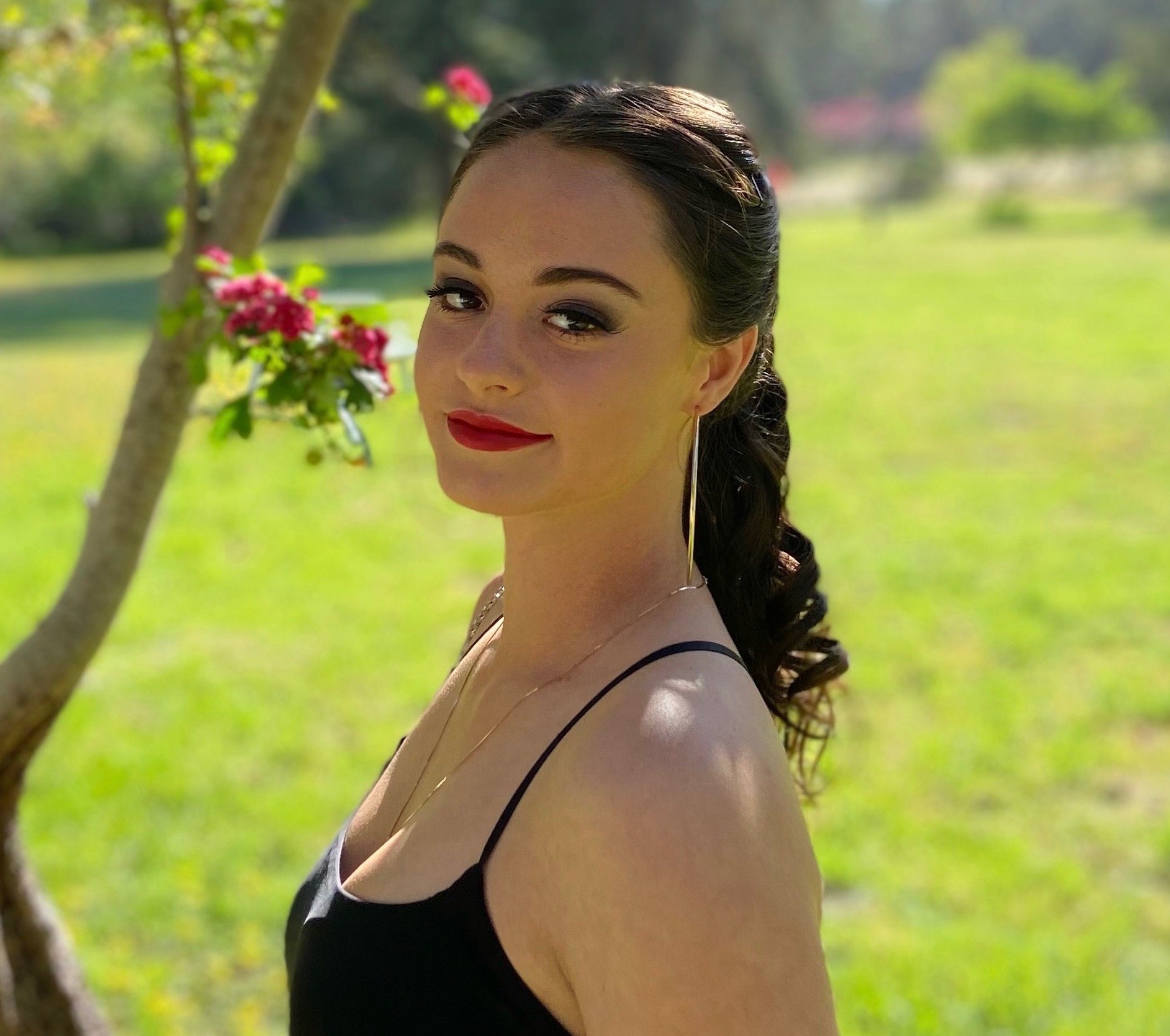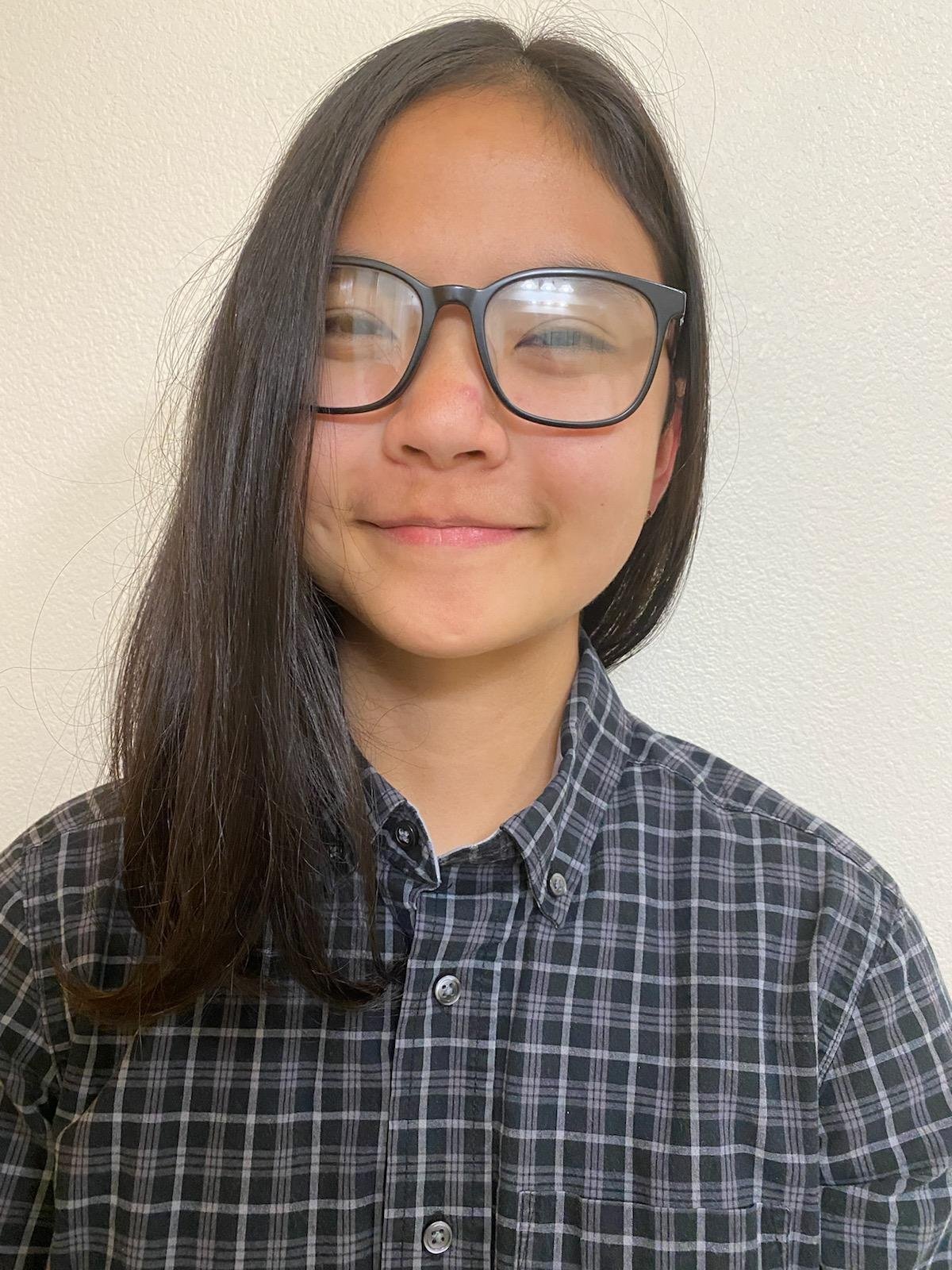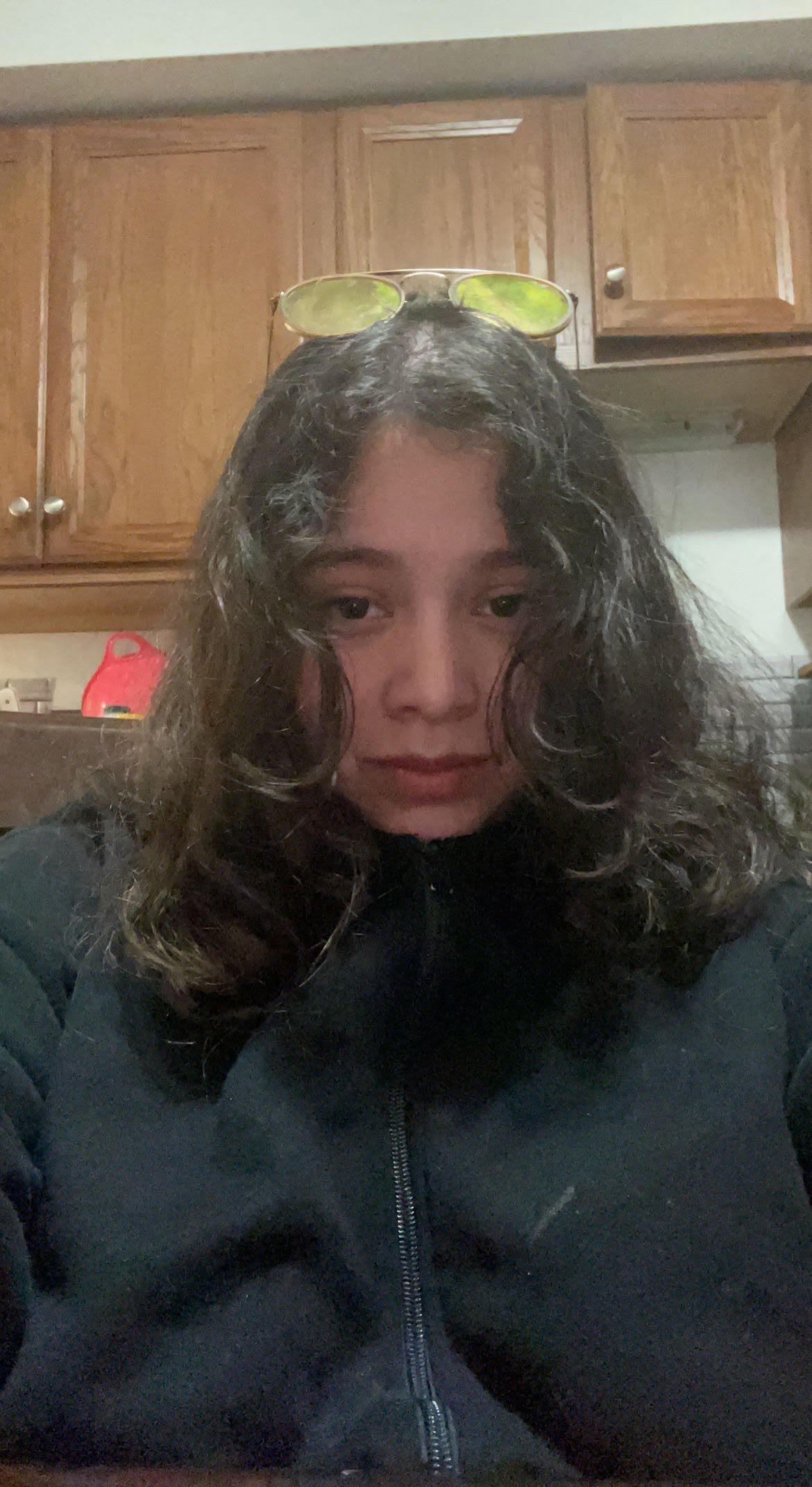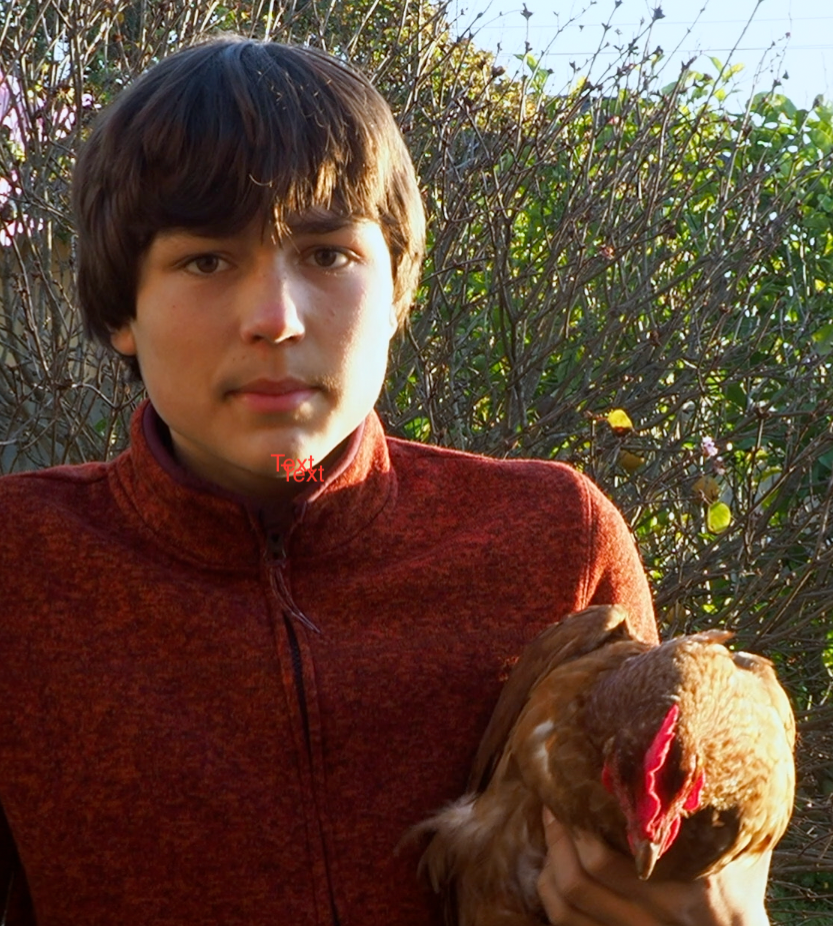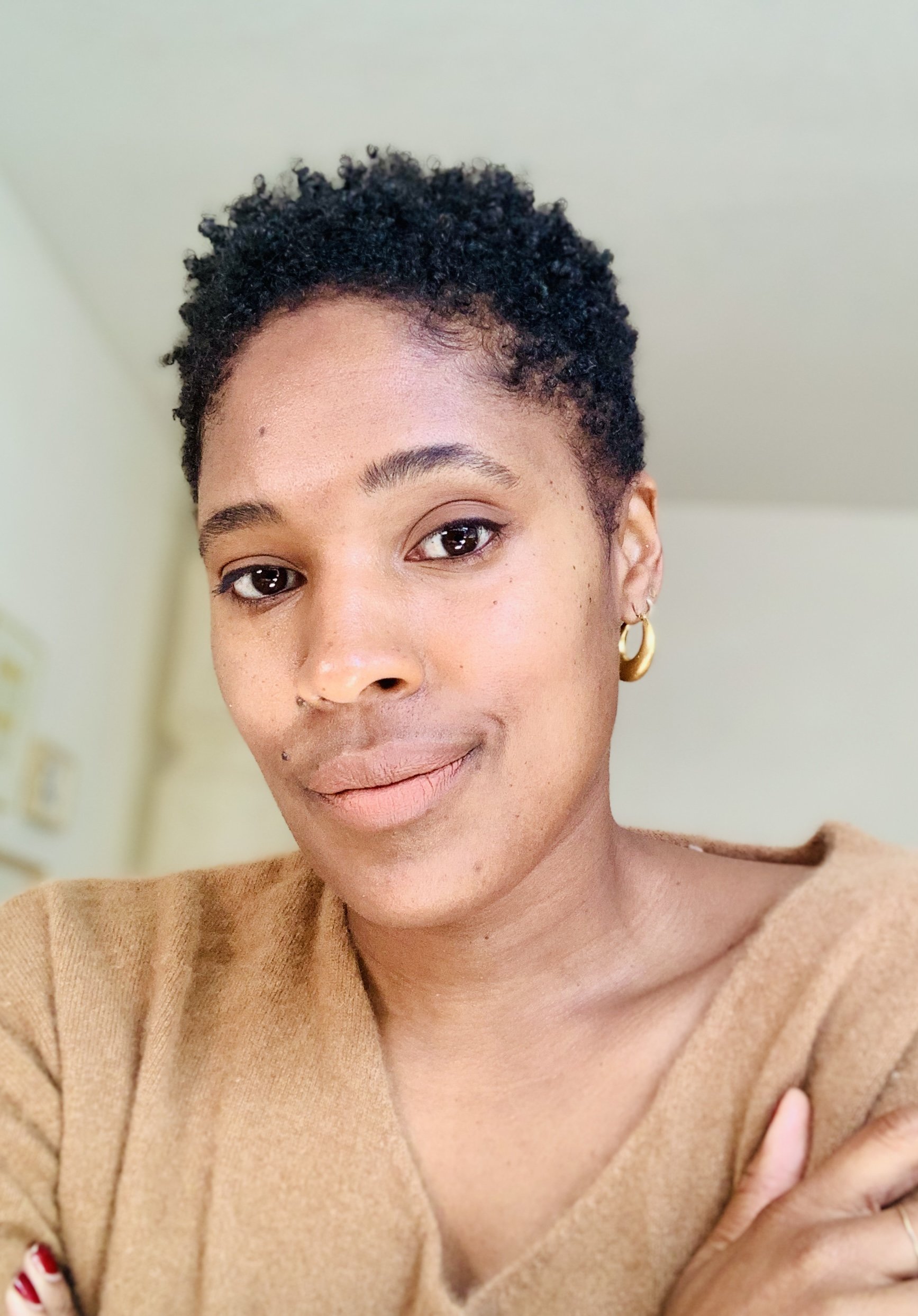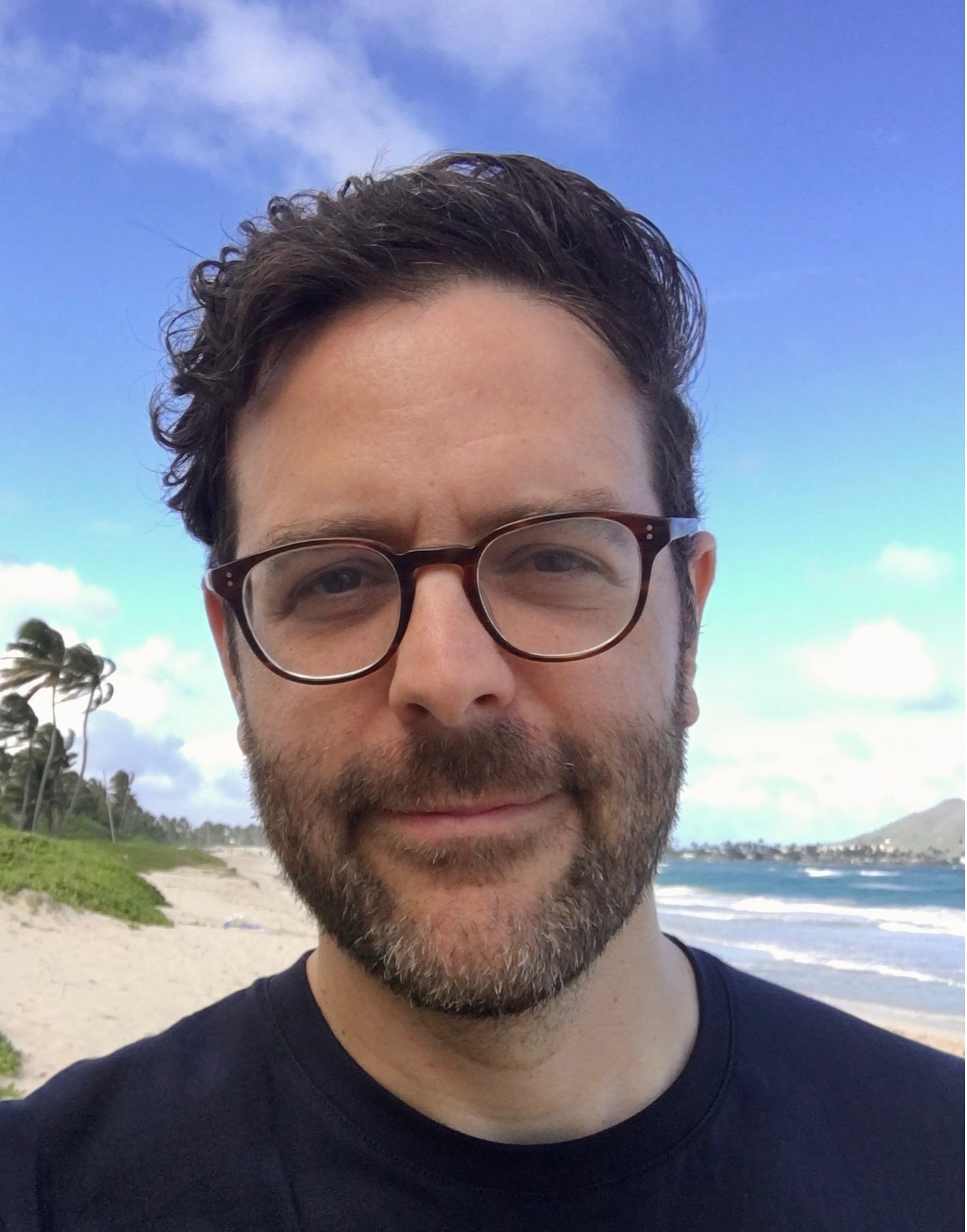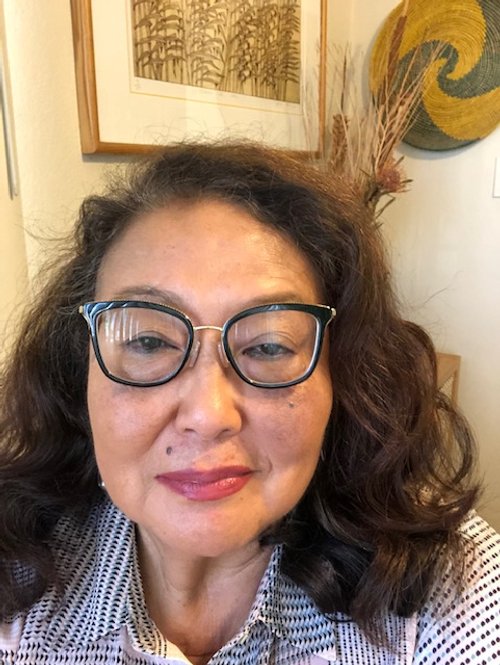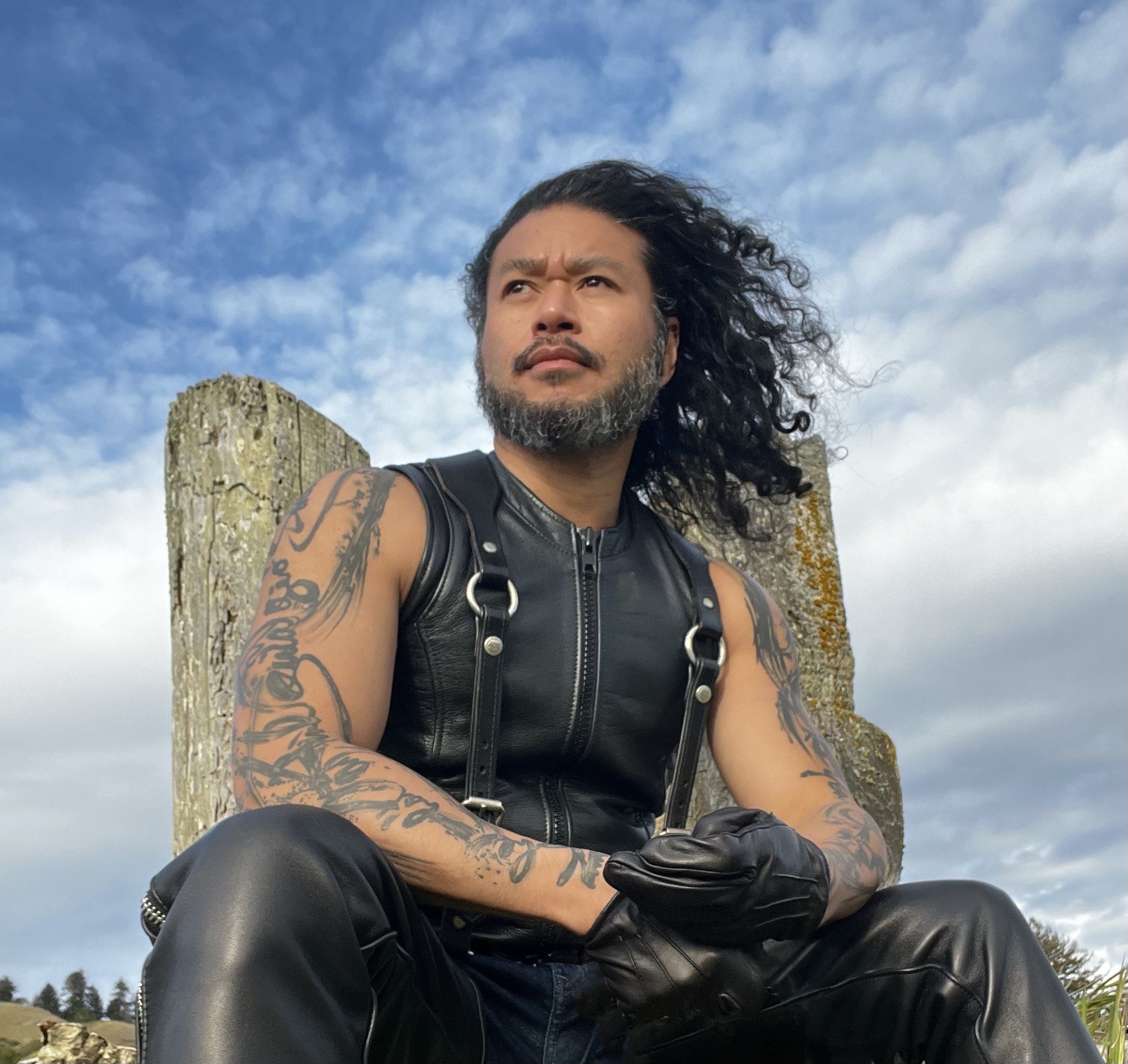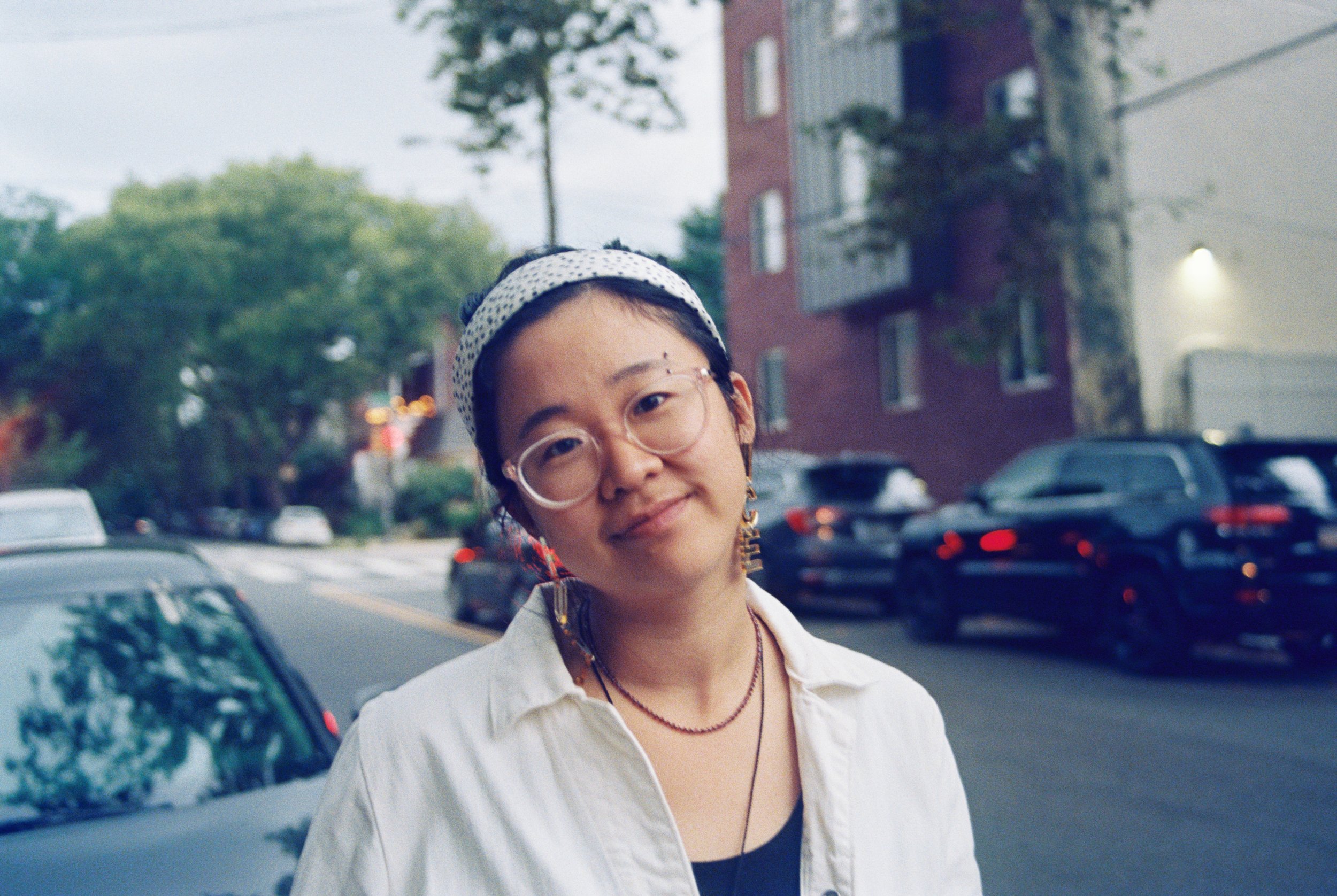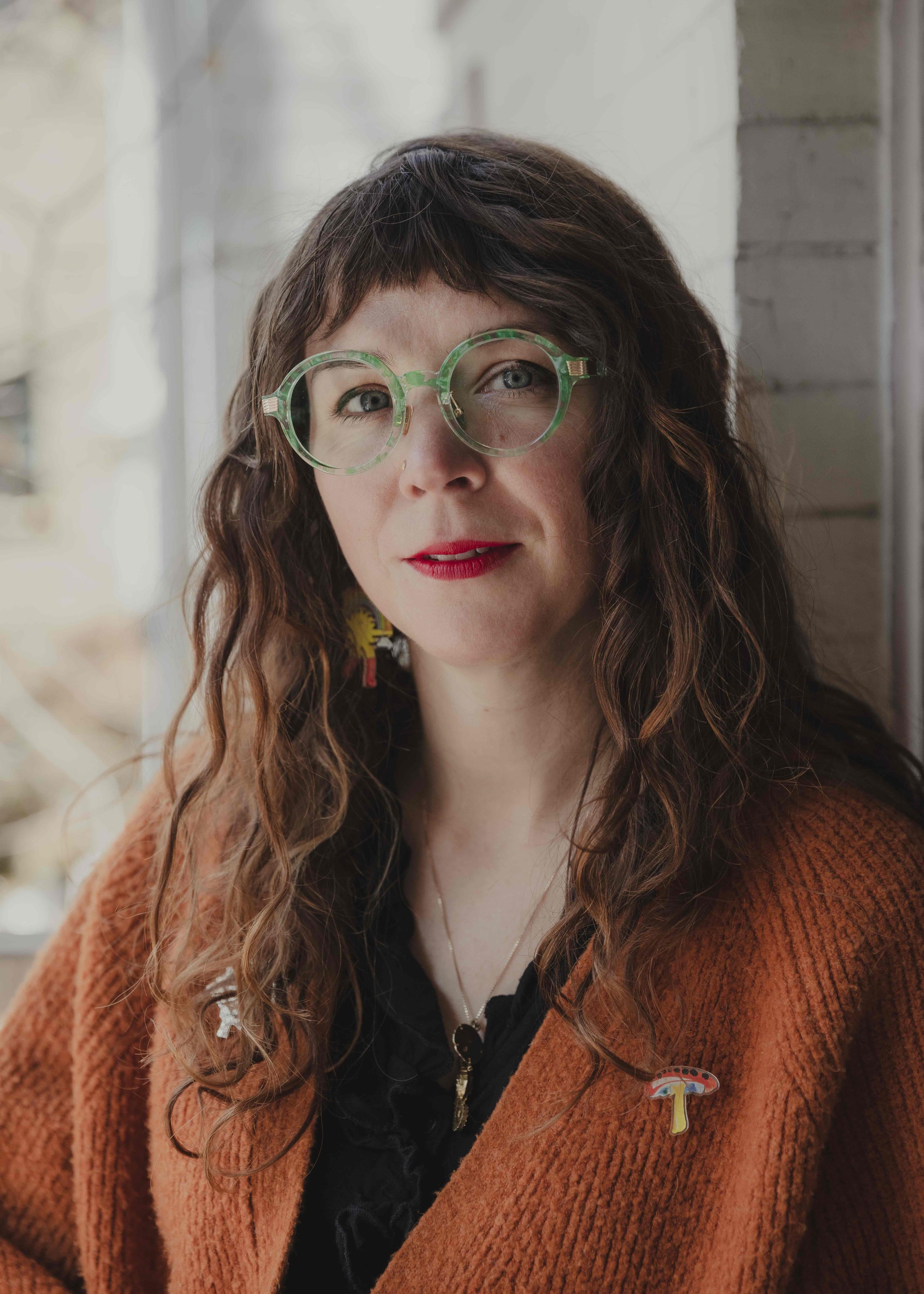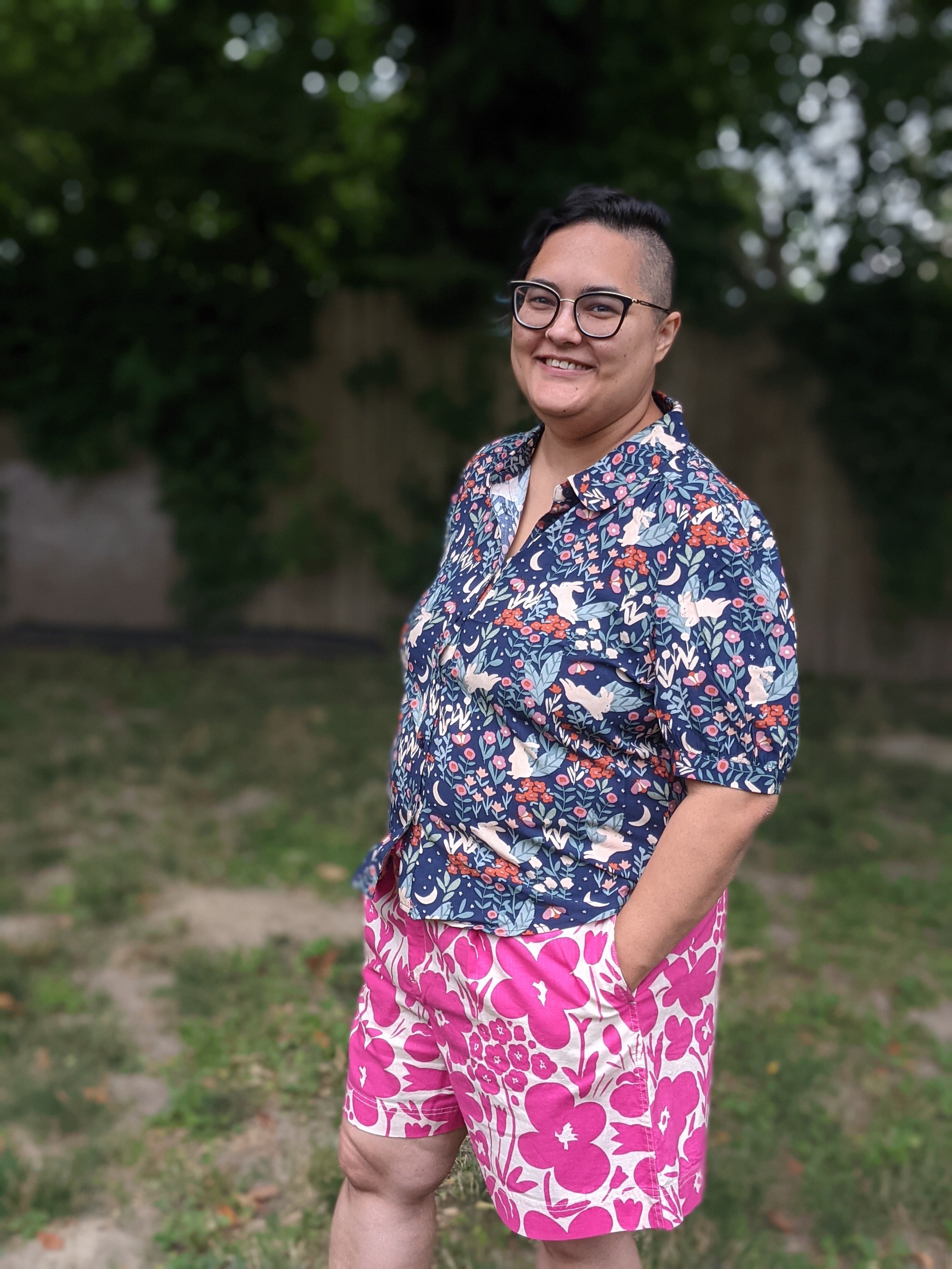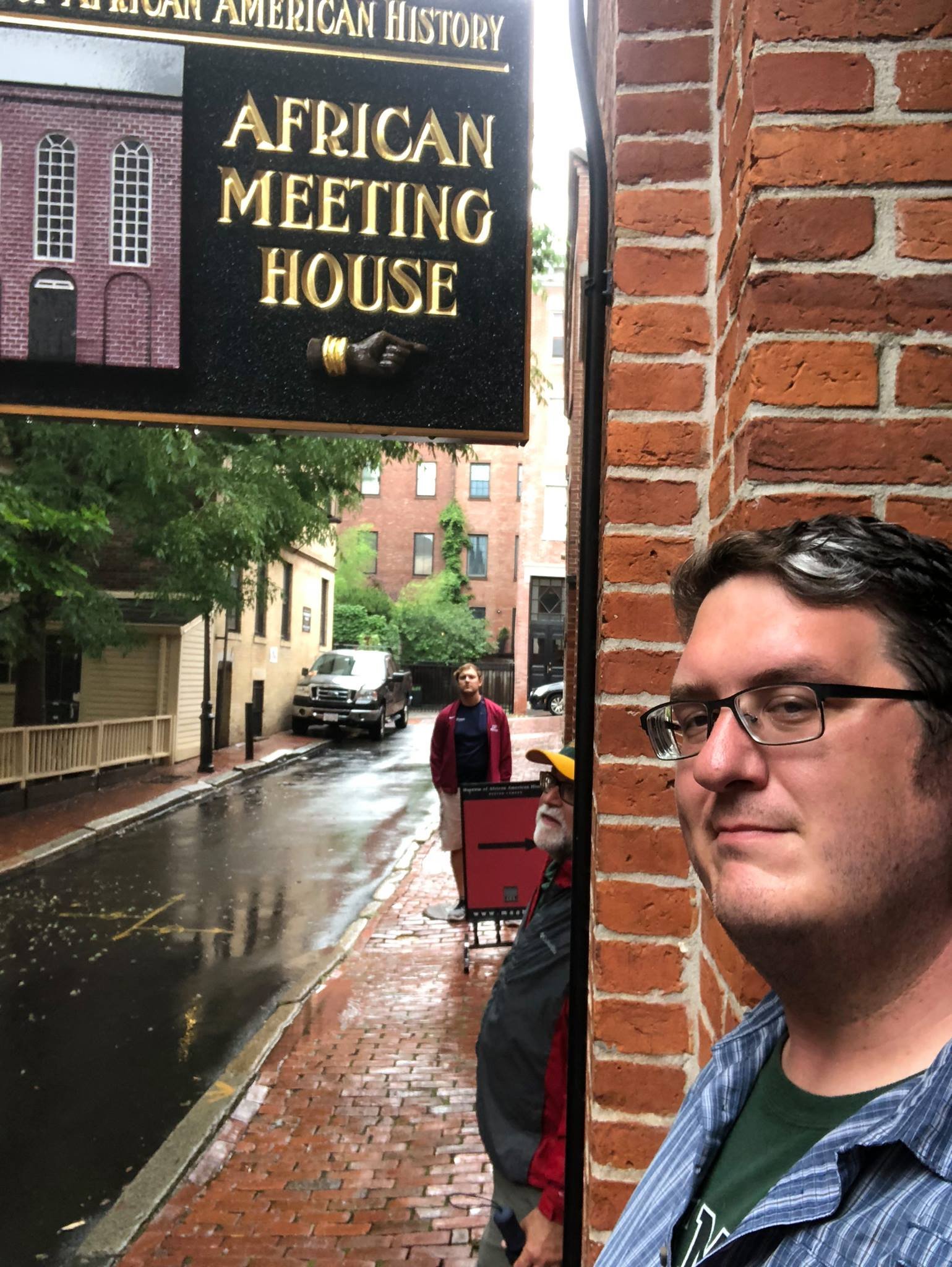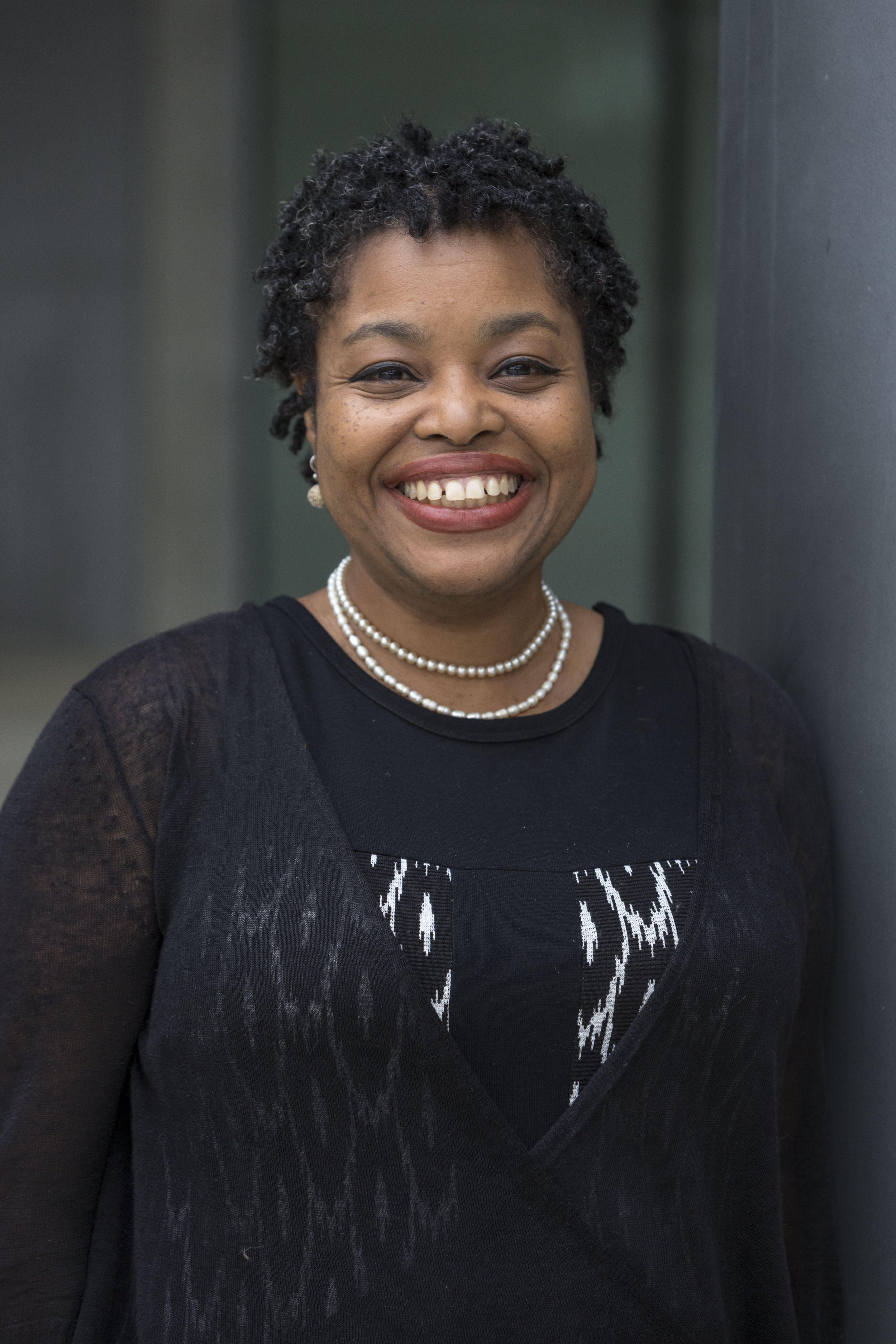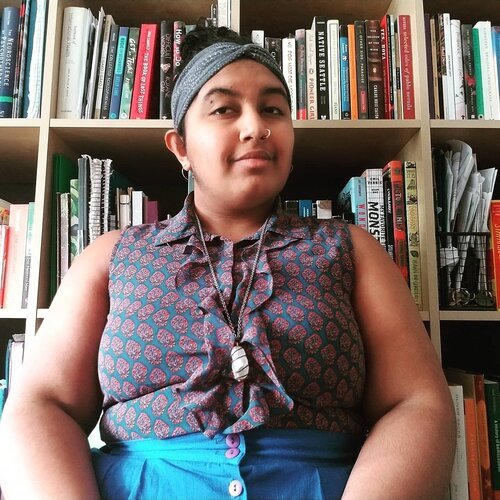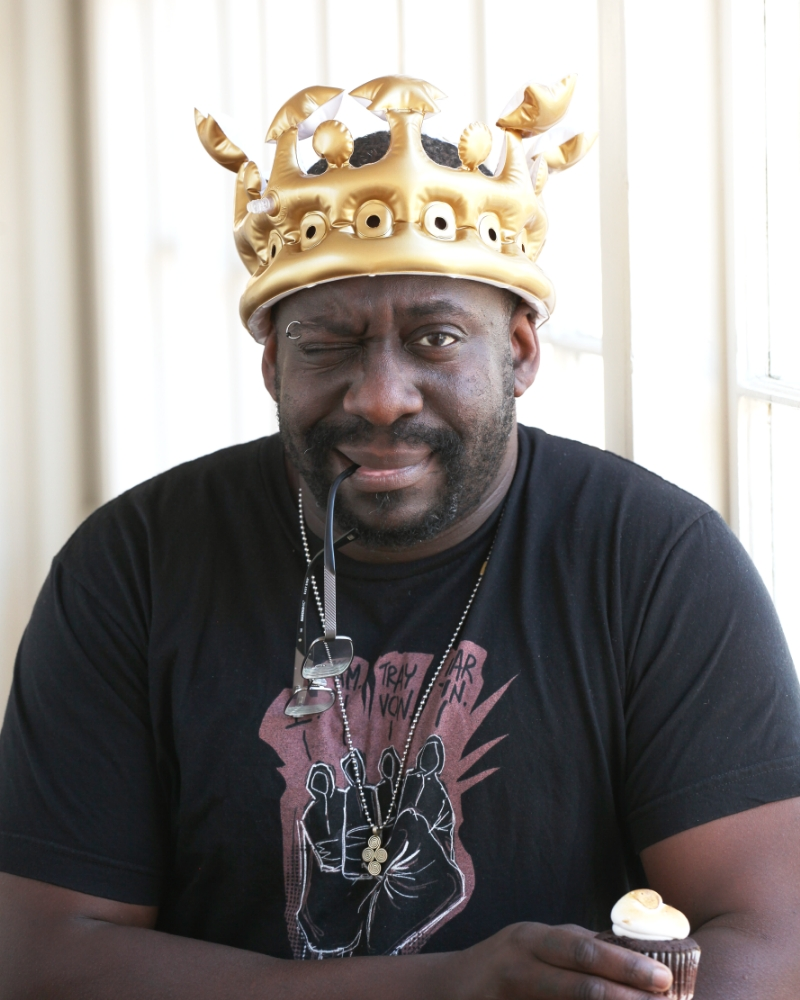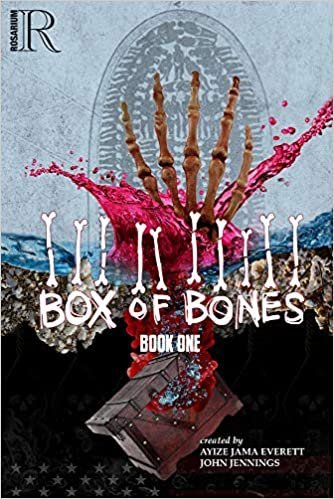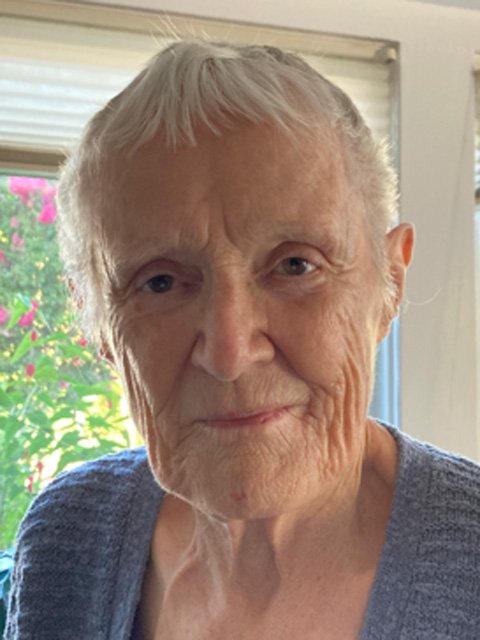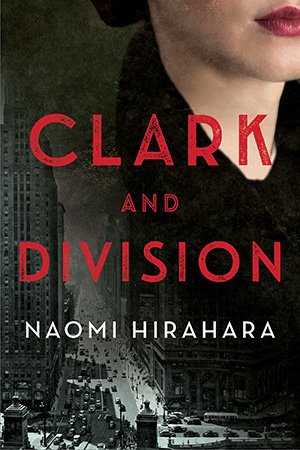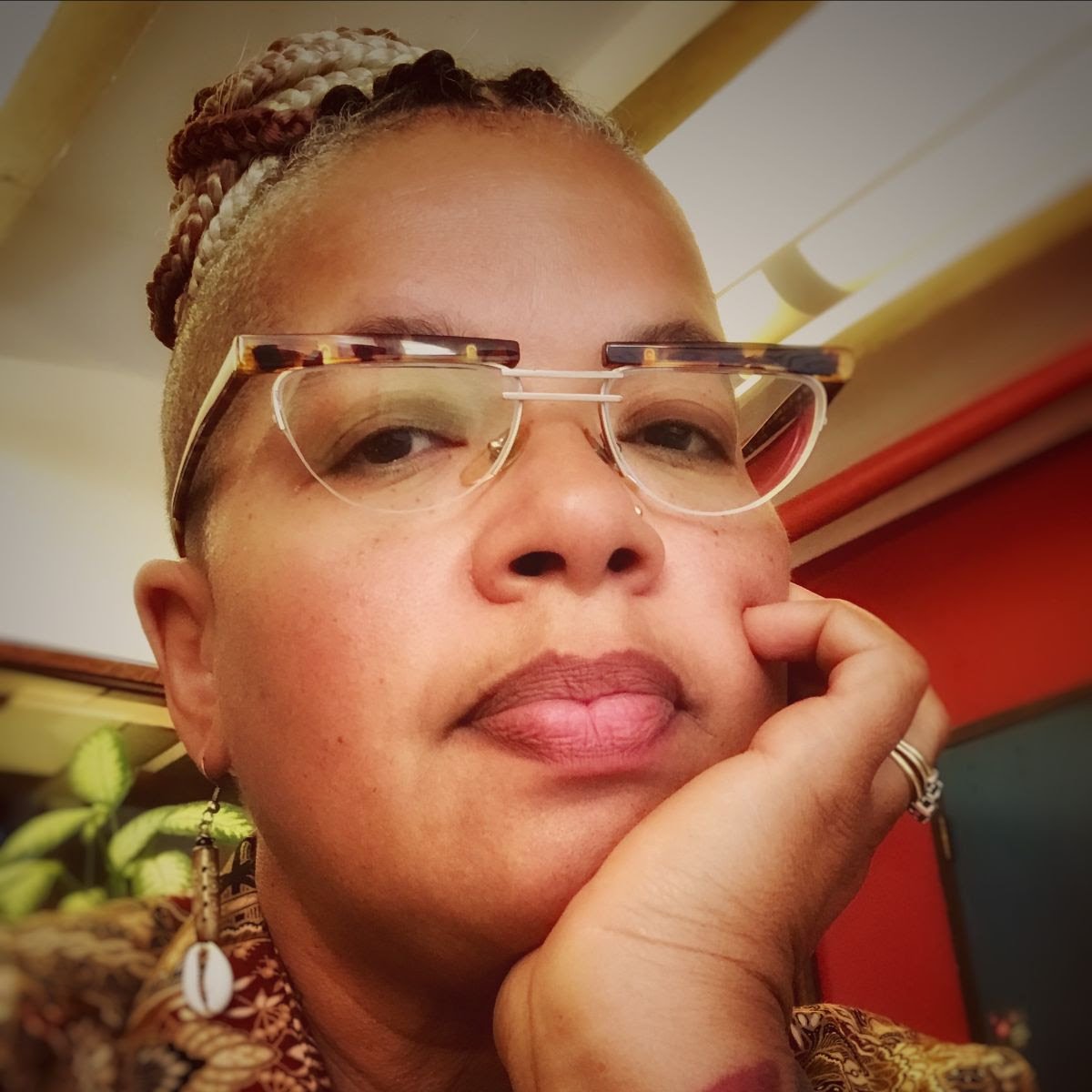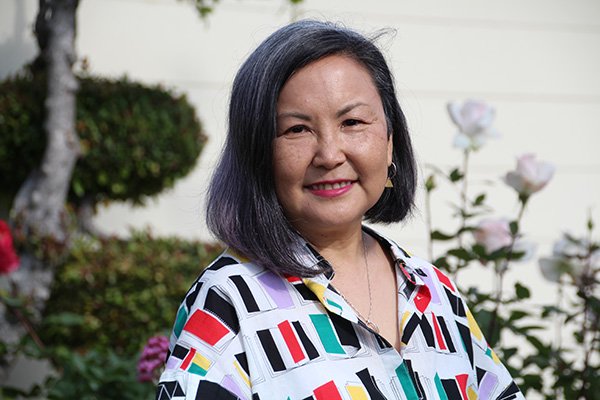Ida Soon-ok Hart (left) and Danny Thanh Nguyen (right).
Ida Soon-ok Hart is a Korean War baby currently living in Los Angeles. She is a retired educator writing her memoir. She was a Writer’s Digest competition winner in 2017, 2018 and 2019, and has been published in 3 anthologies for women of color and will be included in Nonwhite and Woman to be released in September 2022. She volunteers sponsoring women in recovery from alcoholism and addiction. She can be contacted by email: Idahart1@gmail.com
Ida writes: “During the 2022 Mendocino Writers Conference, I will be workshopping excerpts from my memoir The Camel Hump Mountains of Sangok Dong, the part focusing on my year of teaching English in Seoul while searching for my mother. Also, maybe, a new short story I’m currently writing, “This One Was Born in Zion” (Psalms 87:6 – The Lord will write in the register of the peoples: ‘This one was born in Zion.’) upon finding out the Korean Registry had removed my name from their books.”
Danny Thanh Nguyen (they/she/he equally) has published stories and essays in GQ, them. magazine, The Offing, The Journal, Gulf Coast, and elsewhere. In the last year, they have been awarded fellowships and grants from San Francisco Arts Commission, Caldera Arts, Djerassi Resident Artists Program, and Ucross Foundation. Her column on kink and leather culture appears in the international social network platform Recon. Find him on social media @engrishlessons.
Danny writes: “Because I've been solely focused on completing my queer kinkster memoir/essay collection, I'm excited to shift gears at MCWC reconnecting with fiction by returning to my Southeast Asian folklore-inspired magical realism story collection, which I haven't touched in over two years.”
Nella Larsen Memorial Scholarship
Maryam Ghadiri is a researcher, a life-coach and a storyteller. As a researcher, she studies and writes about how children interact with nature and learn science. As a life coach, she works with mission driven individuals who want to have a bigger impact and transform their life by finding their voice and redefining their personal stories. Her love for writing and storytelling grew after her immigration to the United States about 10 years ago, when she found her healing in the process of writing about her childhood memories, documenting her experiences and feelings in a new academic system and exploring her identity in a new land that now she calls “home”.
Currently, she is in a journey of writing her memoir called Alien from Iran in which she shares the story about her identity as a first generation Iranian immigrant and how it was formed and transformed during her time in a land far away from the place she was born and raised. In this conference, she is excited and grateful to meet amazing writers, co-create a creative space and learn from everyone and enjoy every moment.
Marion Deeds Scholarship
Keish Kim (she/her/hers) is a first-generation transnational feminist writer. Keish’s writing focuses on (dis)ability and citizenship, and she studies literary and cultural texts by queer and undocumented im/migrant artists. In her spare time, you can find her in the ceramic studio, in front of the oven, or going on bike rides. She is also a co-host of A Revolutionary Love Letter podcast (https://linktr.ee/migrantloveletters).
Keish writes: “I am excited to be in a community with writers across genres & forms. I am looking forward to workshopping my writing in Jean Chen Ho's Short Fiction workshop.”
Thank You To Healthcare Workers Scholarship
Natalie Rose Gove is a writer, poet, and performer who works in acupuncture, caregiving, and waits tables for the brunch crowd. A former public school teacher and mentor, she is currently working towards receiving her MFA from Queens University Charlotte, where she is studying three genres in their Latin American Track. She will be attending a writing residency this July in Buenos Aires, Argentina. She is currently working on sifting through piles of papers under the bed and planning her move this summer to New Orleans.
Natalie writes: “I am revising pieces from a collection of short nonfiction that focus on trauma in the roots and landscapes of memory from childhood until now. I am excited to work with Anastacia-Reneé on cutting into these words and creating a hybrid work that will become a healing memoir.”
Frances Andrews
Sarah Wang is has written for the London Review of Books, American Short Fiction, BOMB, The New Republic, n+1, and Harper’s Bazaar. She is a 2021-2022 PEN America Writing for Justice Fellow, a Tin House Scholar, the winner of a Nelson Algren prize for fiction, and a former fellow at the Center for Fiction, the Asian American Writers’ Workshop Witness Program, and Kundiman’s Mentorship Program. See more of her writing at wangsarah.com and follow her on Twitter @sarah_wwang.
Octavia Butler Scholarship for Speculative Fiction
Jasmine Sawers is a Kundiman fellow and Indiana University MFA alum whose fiction appears in such journals as AAWW's The Margins, Foglifter, SmokeLong Quarterly, and more. Their work has won the Ploughshares Emerging Writers' Contest and the NANO Prize, and has been nominated for the Pushcart Prize, Best of the Net, and Best Small Fictions. Their debut collection, The Anchored World, is forthcoming through Rose Metal Press in fall of 2022. They serve as an associate fiction editor for Fairy Tale Review. Originally from Buffalo, Sawers now lives outside St. Louis. Learn more at jasminesawers.com and @sawers on Twitter.
Jasmine writes: “As I prepare to write a very queer, very magical, and very Thai American novel, I am eager to learn more about the craft of worldbuilding in speculative fiction, which hasn't been a focus in my writing education thus far. I'm also looking forward to being in community with everyone at the conference and visiting California for the first time.”
Ginny Rorby Scholarship for MG/YA Fiction
Described by one professor as “the Great Iconoclast,” Logan Silva was born and bred in Mendocino County. Amazing teachers and writers passed their love of the written word to Logan, and he tries to pass that love on to his students in middle school, high school, junior college, and university. Historical studies have taken Logan to Cal, Stanford, Dartmouth, and Yale, but he never lost his love of storytelling.
Logan writes: “I plan on using the conference to soak up as much craft as I can from an amazing field of experts and fellow writers. I’m moving from education writing and curriculum to the young adult fiction genre and hope that the conference will help me bridge that gap.”
James I Garner Scholarship
Raquel Baker earned a PhD in English Literary Studies from The University of Iowa. She specializes in Postcolonial Studies and 20th- and 21st-century African literatures in English. She received an MFA in Creative Writing from Mills College. She is currently an Assistant Professor of Postcolonial and Transnational Literatures at California State University Channel Islands, where she teaches creative writing, literature, and Africana Studies courses.
Raquel says: “I am currently working on a cyberpunk flash fiction collection and look forward to engaging the tools, community, and space to move the project forward.”
Norma Watkins Scholarship
Jordan Alam is a queer Bangladeshi-American writer, performer, and therapist based out of Seattle. Their short stories and articles have been published in The Atlantic, SeattleMet, Autostraddle, CultureStrike Magazine, Entropy, and The Rumpus among others. They have performed on stage and facilitated workshops on embodied writing nationwide, most recently at Kundiman, Hugo House, and Town Hall Seattle. Their debut novel is a story of family secrets told from the points of view of four Bangladeshi American women in the aftermath of their mother's unexpected death.
At the conference, they'll be doing something completely different—embarking on an early draft of their memoir about transnational adoption and uncovering one's own history in fragments. Learn more about their work at their website: www.jordanalam.com.
Doug Fortier Memorial Scholarship for Speculative Fiction
In April 2022, our community lost our friend Doug Fortier, a long-time Conference participant and advocate for writing on the Mendocino Coast. In memory of Doug, a group of writers fundraised the Doug Fortier Memorial Scholarship for Speculative Fiction.
From Queens, NY, Muriel Leung is the author of Imagine Us, The Swarm (Nightboat Books), Bone Confetti (Noemi Press), and Images Seen to Images Felt (Antenna) in collaboration with artist Kristine Thompson. She is a recipient of fellowships to Kundiman, VONA/Voices Workshop and the Community of Writers, and currently serves as the Poetry Co-Editor of Apogee Journal. She received her PhD in Creative Writing and Literature from University of Southern California where she was an Andrew W. Mellon Humanities in a Digital World fellow.
Muriel writes: “I am excited to work on a linked speculative short story collection set in New York City during the sudden appearance of weekly acid rainstorms. In the midst of this ongoing disaster is a queer love story between two Asian American women, navigating the world of ghosts, heartbreak, lost opportunities, and the space between life and afterlife. I look forward to developing this collection further with the support of a writing community at MCWC.”


